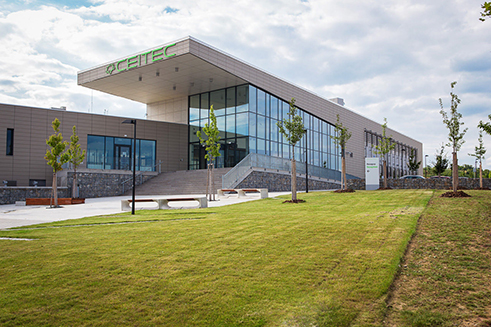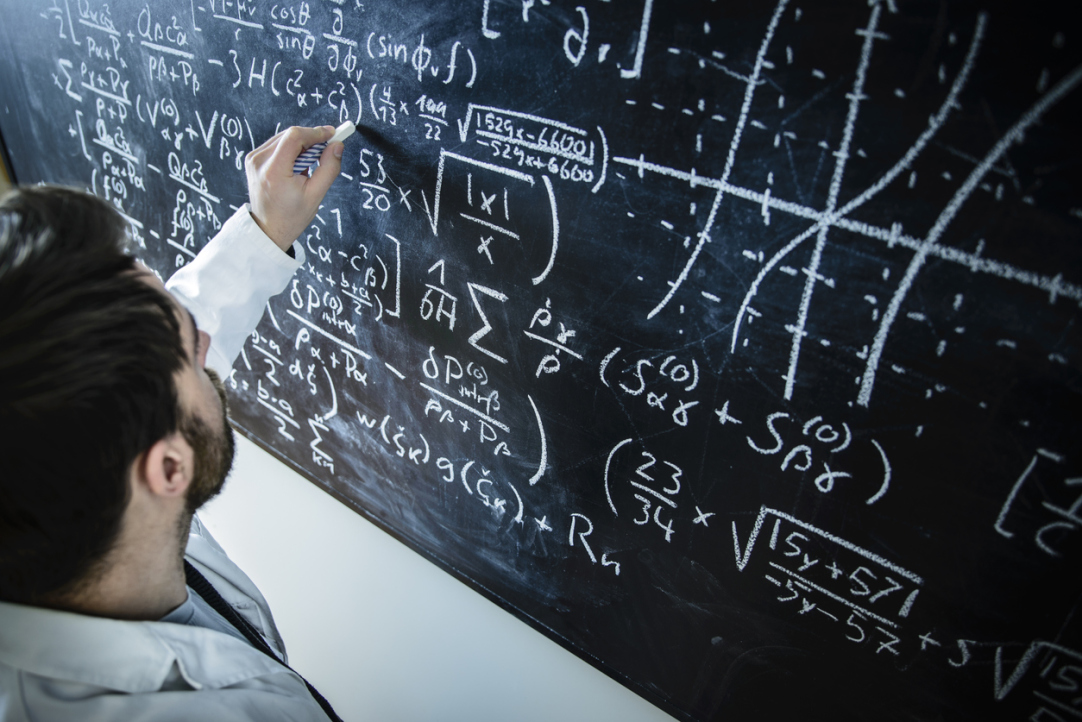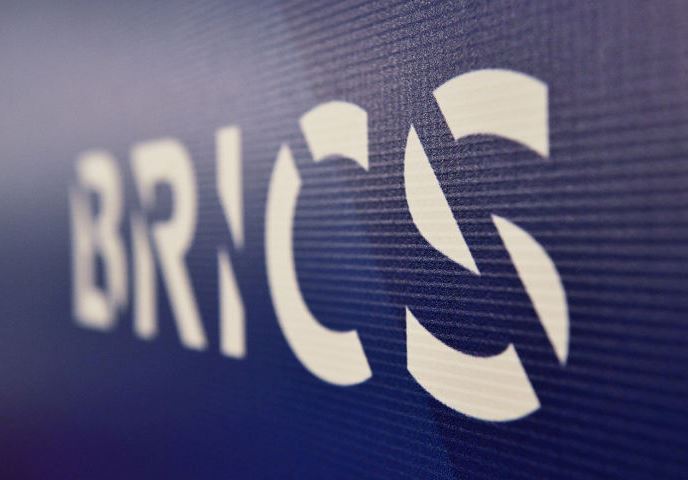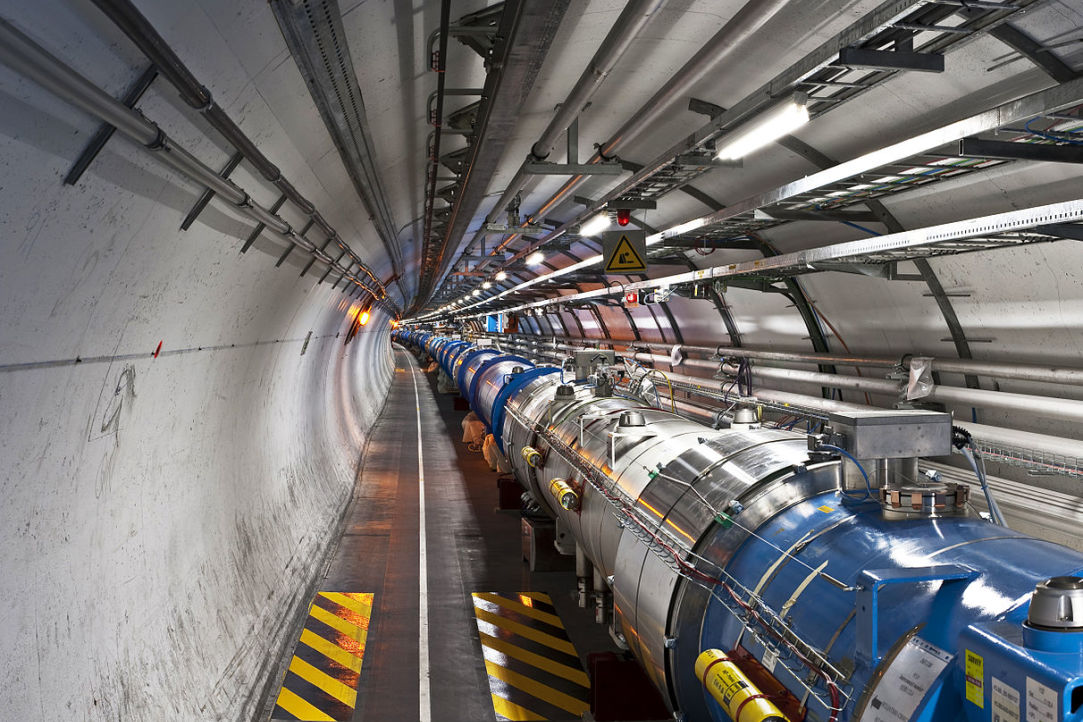Tag "international cooperation"

‘Recognition of Our Work Motivates Us to Continue Our Research’
A report by students of MIEM has won a prestigious prize at the 44th International Conference on Telecommunications and Signal Processing organized by Brno University of Technology in the Czech Republic. The project by the HSE students was named the best student work by the organizing committee.

HSE University Researchers to Speak at the International Congress of Mathematicians
The speakers of the International Congress of Mathematicians, a key global mathematics event held every four years by the International Mathematical Union, have been announced. The next ICM will take place in St. Petersburg, Russia, in July 2022. Five researchers from the HSE Faculty of Mathematics will present their papers at the congress.

‘We have Formed a Unique Partnership Network of Some of the Strongest Think Tanks in the World’
The research and development of new approaches to antitrust regulation in the digital sector, the agro-industrial sector, the pharmaceutical industry, and other markets remain the main focus of the work of the BRICS Competition Law and Policy Centre, which operates within HSE University. The Centre's Supervisory Board recently endorsed its work conducted over the past year and supported its agenda for this year.

Large Hadron Collider: New Hadron Discovery Factory
LHCb, a collaboration of one of Large Hadron Collider experiments, including a team of HSE University researchers, has published a news piece about the discovery of new tetraquarks, which are exotic hadrons consisting of four quarks. This discovery was made possible thanks to massive data samples gathered by the LHCb experiment with the use of algorithms developed at HSE University.

